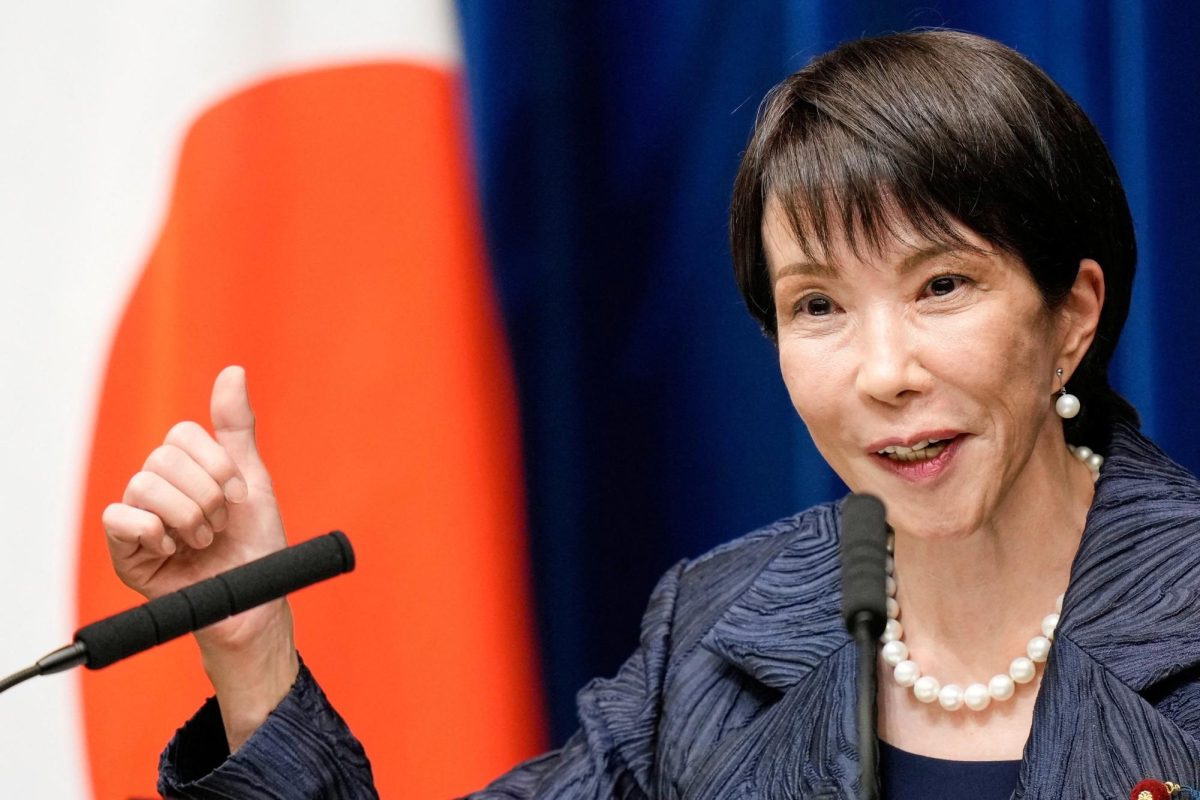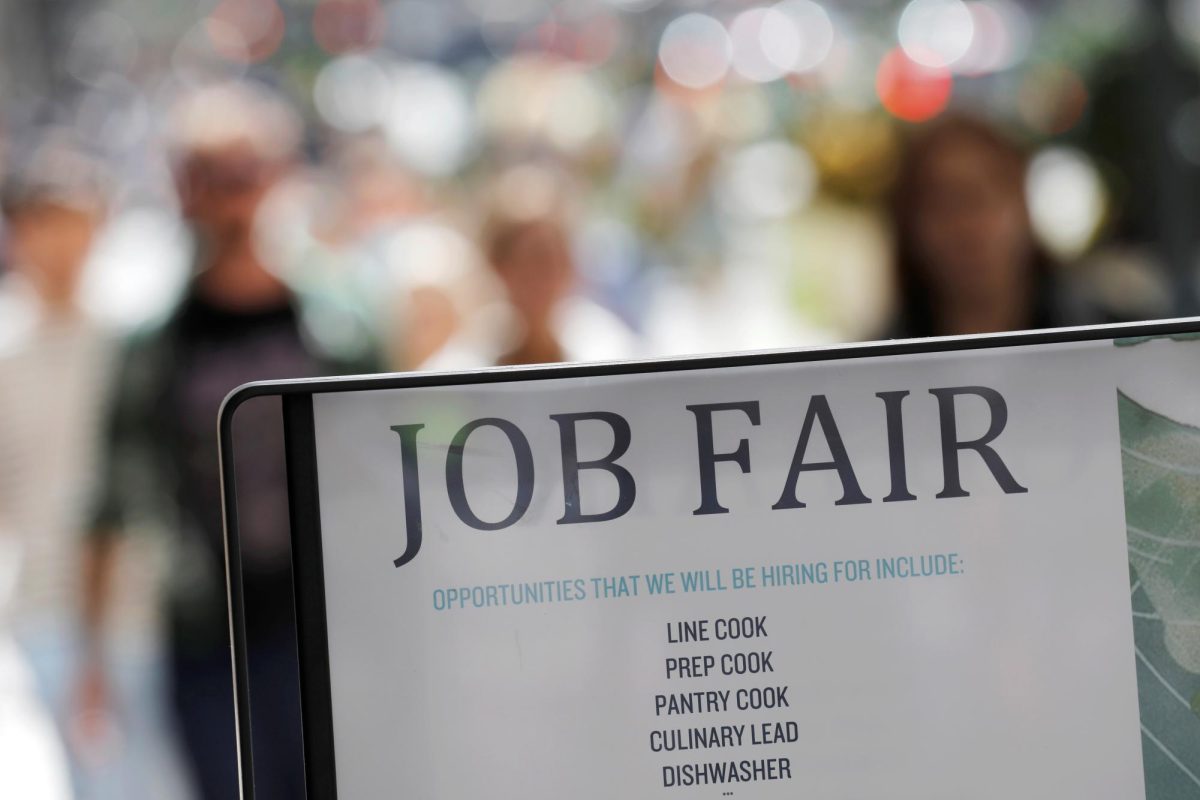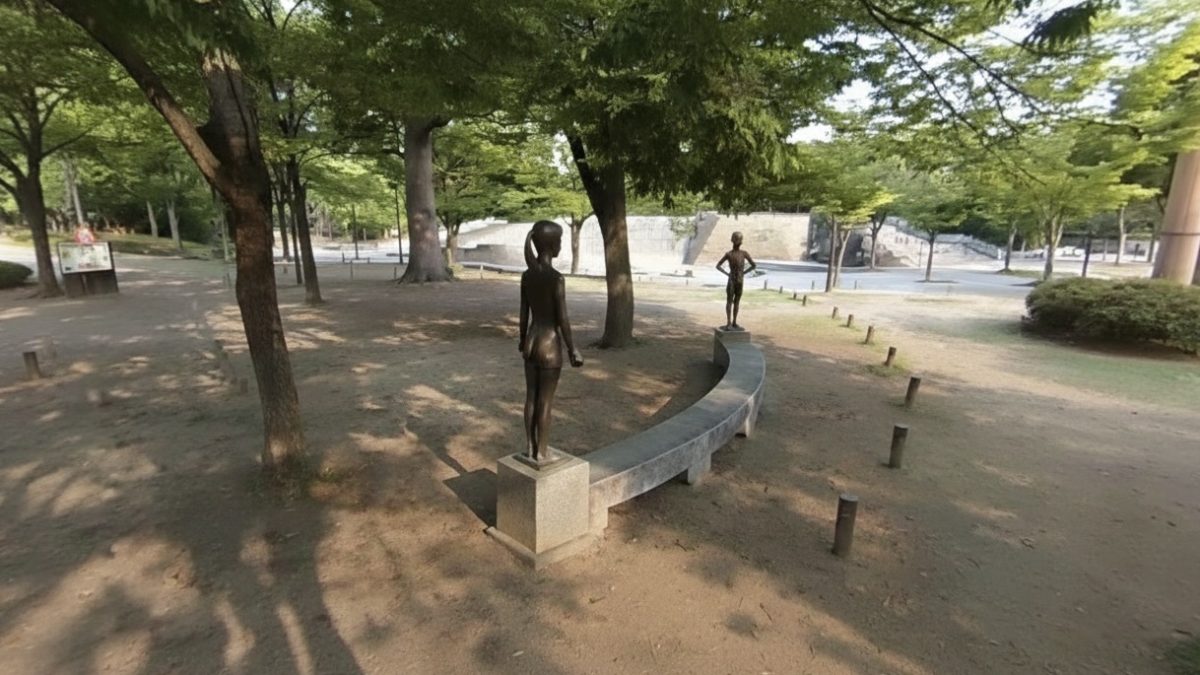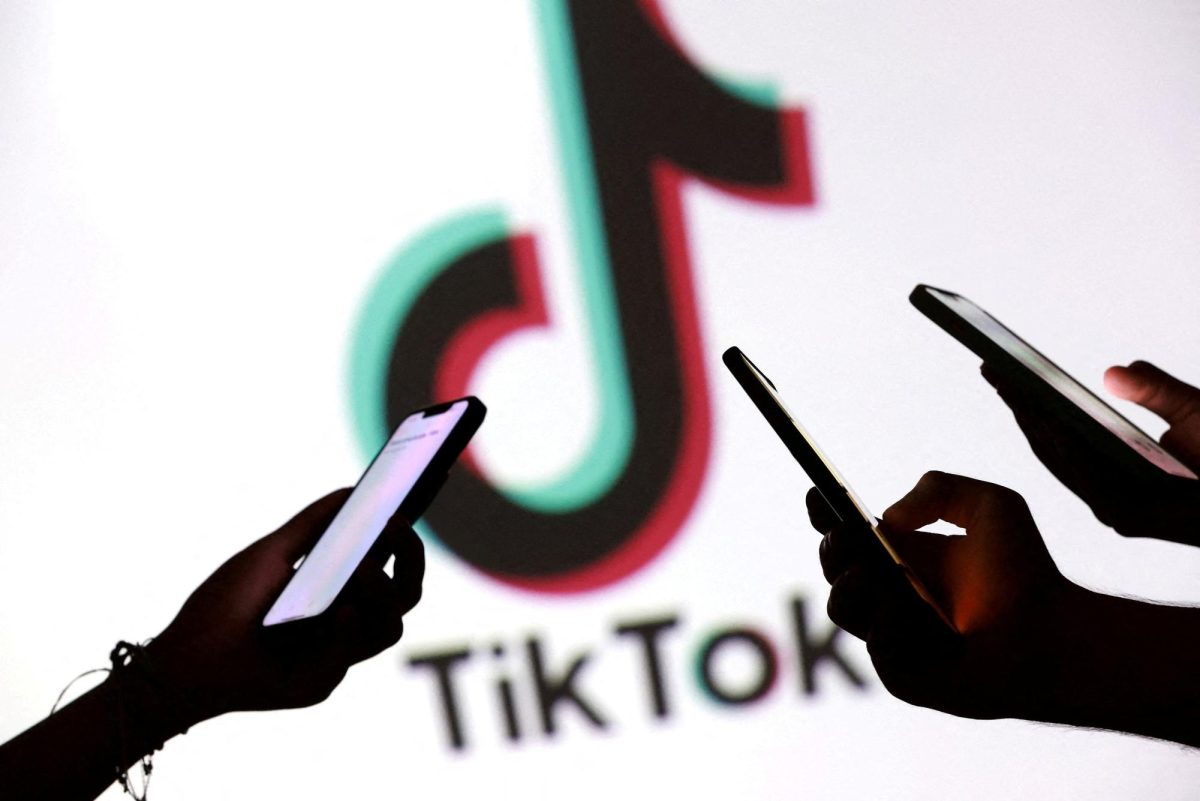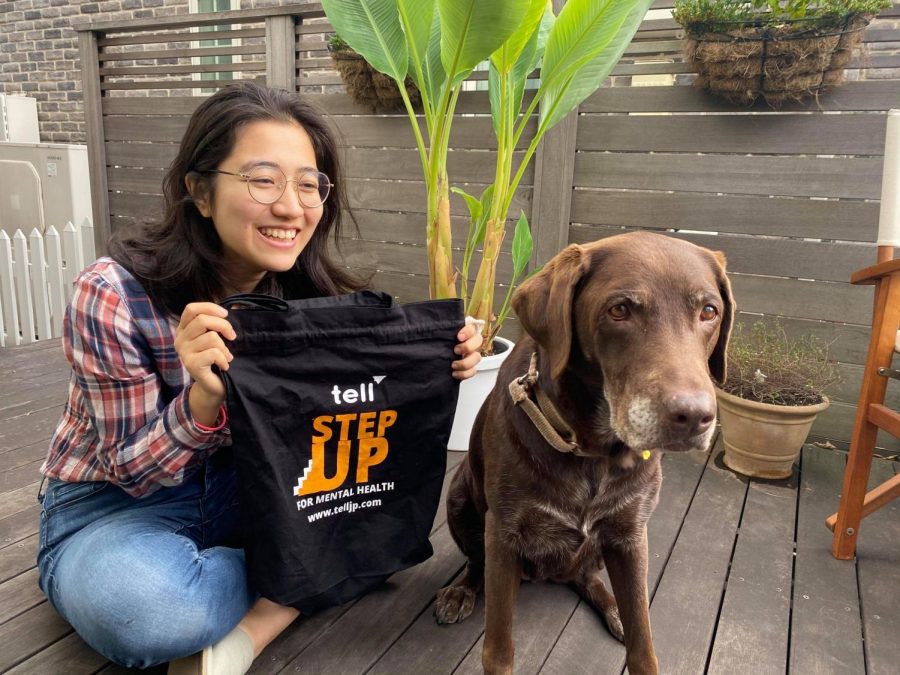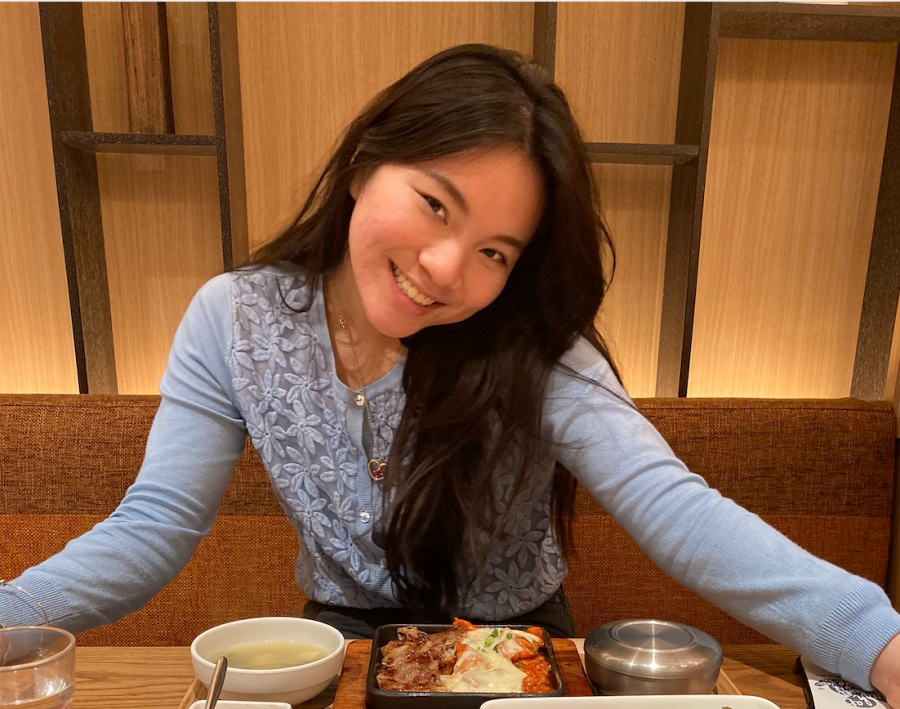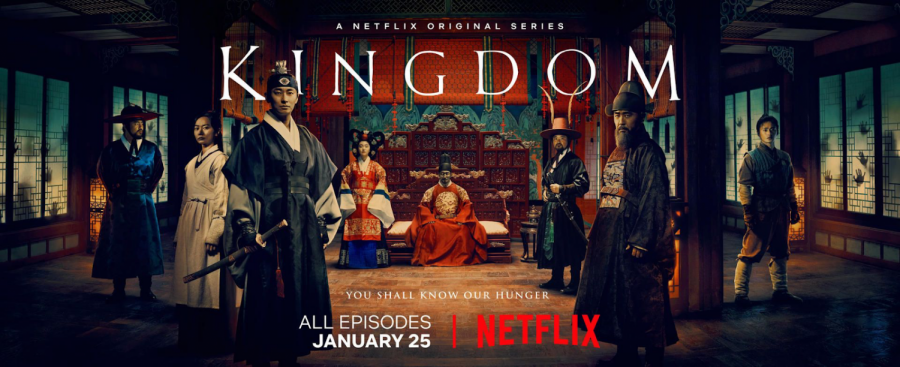A zombie tragedy: “Kingdom”
Credit: Netflix
Kingdom season 1 first premiered January 25th, 2019. The second season was released in March, 2020.
By this point, we’ve seen enough zombies in different contexts. Brad Pitt’s done the zombie blockbuster in “World War Z”, Nicholas Hoult’s covered zombies’ romance in “Warm Bodies”, and Woody Harrelson’s taken us along his comedic journey in a post-zombie-apocalypse world in “Zombieland”. This is not to mention “Walking Dead”, which has been on television for 10 years. And then, there’s “Kingdom”: this time, it’s set in 16th century Korea.
Written by Kim Eun-hee, “Kingdom” approaches the concept of zombies as a disease that rapidly proliferates across the Korean peninsula. Consisting of six episodes per season — seasons 1 and 2 are out so far — the Netflix-produced show takes us to the Joseon Dynasty (1392 – 1897) and introduces the hero of this series, Crown Prince Lee Chang, played by Ju Ji-hoon. There are rumors spreading regarding the King in and outside of the palace, claiming that he is dead, and Crown Prince Lee Chang is accused of treason by the Cho family, who seeks to overthrow the throne. Yet, miles away from the capital palace in Hanyang, physician Seo-Bi, played by Bae Doo-na, and Yeong-Shin, played by Kim Sung-kyu, witness the beginning of what becomes a national pandemic. Both seasons are seamlessly connected, season 2 picking up exactly where the previous season closed, portraying the bloody path Crown Prince Lee Chang takes with the other characters to save the peninsula and its people from this unknown disease that makes the dead “undead”.
If you are already a fan of zombie-gore or Korean historical dramas, that will be enough to get you hooked. But even if you aren’t, and in fact dislike or are unfamiliar with either or both genres, “Kingdom” is on your to-watch list during this period of quarantine for several reasons.

Season 1 of the show takes place in the fall, and the beautiful “mise en” scene takes full advantage of the autumn foliage.
The first being the beautiful cinematography of the show. Promoted for its budget of over $1.7 million per episode since before the show’s premiere in January 2019, “Kingdom” boasts mesmerizing mise en scene to its audience. All twelve episodes that have been released contain absolutely jaw-dropping sequences of the gorgeous traditional Korean palaces — it was later told that the show was actually shot in Changdeokgung Palace, one of the “Five Grand Palaces” of the Joseon Dynasty — and large-scale reenactments of traditional ceremonies. The visual attraction is further enhanced by the show’s clever exhibition of the Korean traditional costume, hanbok. Thousands of zombies run at full-speed, and the characters’ colorful hanbok trains elegantly draping as they swoosh their swords and arrows at the zombies’ necks, “Kingdom” presents such a joy to the eye.
Sword-fights with thousands of stampeding zombies is already novel. Yet, what really sets apart “Kingdom” from any other of these dozens of precedents is its tragic focus on the dying people. As Kim explained in her interview after the release of the first season last year, her initial idea for “Kingdom” was based on a 19th-century royal court document that records tens of thousands of deaths that were caused by an unidentified epidemic. The perpetual sadness that permeated through during this period of death and hunger, she said, was what she sought to capture in her script for the show. The show takes us from the starving poor who are pushed to the verge of cannibalism to the rich whose greed for power drives their bloodlust. “Kingdom” is not simply a zombie adventure; it is rather an epic of “hunger” and “blood”, illustrating the tragedy of people who are hungry for food, hungry for power, and hungry for blood. Thus, “Kingdom”’s characters all wear an inconsolable veil of sorrow as they kill off each infected zombie.

The multiple layers and colors that make up the hanbok create the charismatic look, added with the use of long swords and various traditional hats called “gat”.
Highlighted through the character of Crown Prince Lee Chang, though, this tragedy is still hopeful. Crown Prince Lee Chang, who is predicted to be in his teens in the first season, projects massive character development. Starting season 1 as a powerless prince who is at bay for survival, bullied by the Cho family, our protagonist may seem almost inadequate at times when he is incapable of making charismatic decisions for his team or immature at others when he is unable to comprehend the inherent discrepancy between his and the common people’s lives. However, this teenager prince whose only power lies in the unlikely success of his coup grows to combat this unfair discrepancy of class and fight for the people instead of power. In this way, “Kingdom” is a tale of a hero rather than that of villainous zombies. We will have to wait and see for season 3 to find out where our hero will take his journey as a newfound leader.
Intricate and poised, “Kingdom” is the epitome of what an international series can produce with the support of Netflix’s big budget. There is nothing unusual or necessarily original in terms of character or plot at a glance, but the show is well-seasoned with Kim’s details and the big-name Korean cast’s charisma to make this version unique and compelling. Because of the exceptional quality of the production and its universal theme of hunger and power, it is approachable to viewers who find Korean historical drama foreign as well.
Especially with everything else that is going on in the world these days — an actual pandemic! — “Kingdom” brings to our screens both our worst nightmare and our ray of hope. (Click here to view the official “Kingdom” trailer.)
An additional note: Netflix provides “Kingdom” in 13 different languages, including English and Japanese, but I highly recommend watching it in Korean (with English subtitles) to fully take in the amazing cast’s acting.

